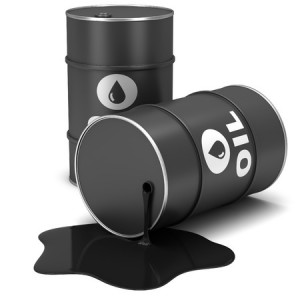Oil prices fall as conditional ‘freeze’ deal disappoints
NEW YORK, United States — Oil prices fell Tuesday after a conditional agreement between Saudi Arabia and Russia and two other producers to limit output offered scant hope for an easing of the global oversupply.
US benchmark West Texas Intermediate for March delivery fell 40 cents (1.6 percent) to $29.04 a barrel on the New York Mercantile Exchange.
Brent North Sea crude for April delivery slumped $1.21 (3.6 percent) to $32.18 a barrel in London.
READ: Oil prices soar on report UAE offering talks on output cuts | Fuel prices fall as int’l curbs fail
In a bid to stabilize an oversupplied market, Russia and Opec members Saudi Arabia, Venezuela and Qatar said they had reached a preliminary deal to freeze output at January’s level, but only if other major producers followed suit.
Saudi oil minister Ali al-Naimi said Tuesday’s decision was “the beginning of a process which we will assess in the next few months and decide whether we need other steps to stabilize… the market.”
Michael Lynch of consultancy Strategic Energy and Economic Research said the announcement was a mixed bag.
“People want to see some kind of production cut from Opec and other producing countries and they didn’t get it,” Lynch told AFP. “But you’ve gone from refusal to discuss or consider it to the Saudis and the Russians actually talking.”
City Index analyst Fawad Razaqzada said the announcement underdelivered compared with expectations.
“The news has actually disappointed the market slightly because some people had hoped to see a cut rather than a production freeze,” Razaqzada said.
Citi Futures analyst Tim Evans said the deal appeared to be designed as “far more of a political statement than a support for oil prices.” He said it allows Saudi Arabia to blame the likely demise of the agreement on Iran, which has planned to boost oil output with the lifting of international sanctions following its nuclear agreement with major powers.
Iran will almost certainly reject the deal because “to agree to cap exports now as part of a wider Opec deal would basically mean Iran had accepted restraints on its nuclear program in exchange for nothing,” Evans said.
Iran said in response to the announcement that “there is room for discussion” but Oil Minister Bijan Zanganeh added that Iran “won’t relinquish” its market share.
